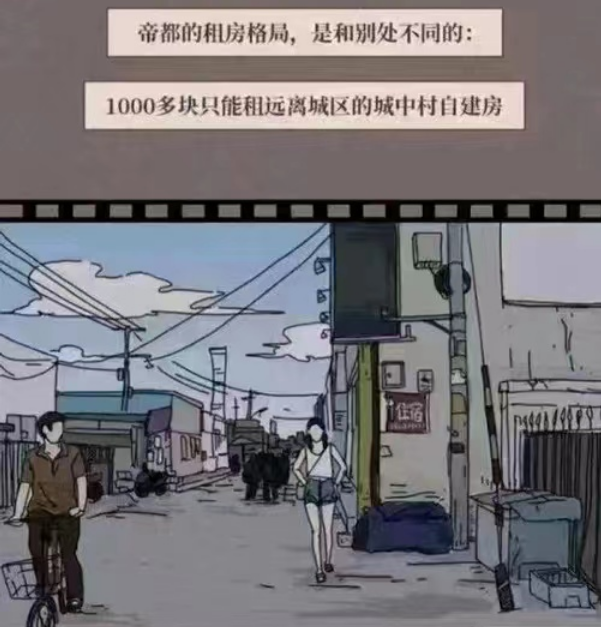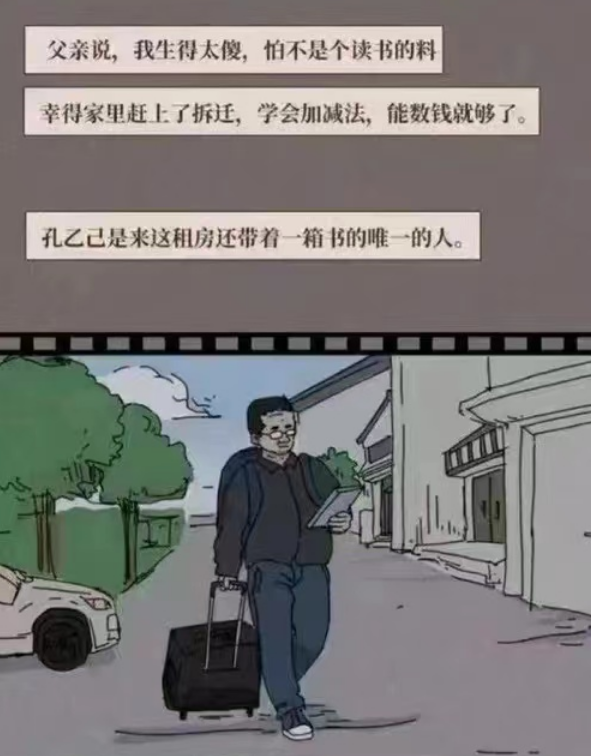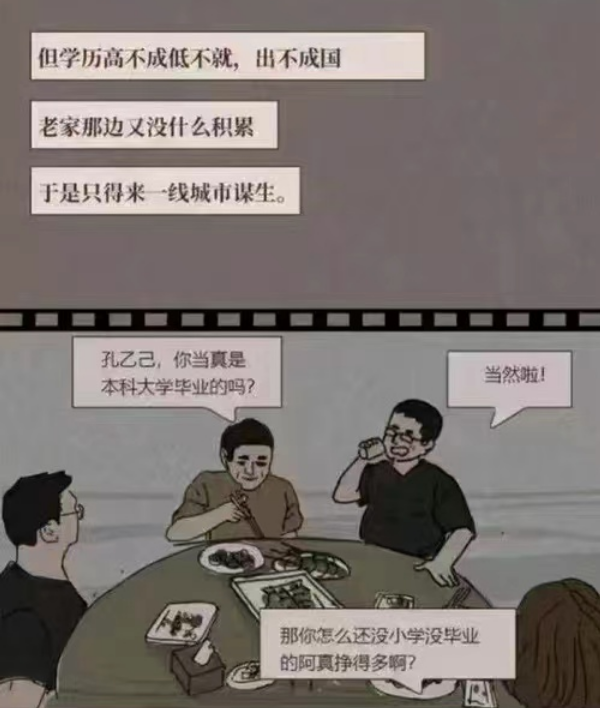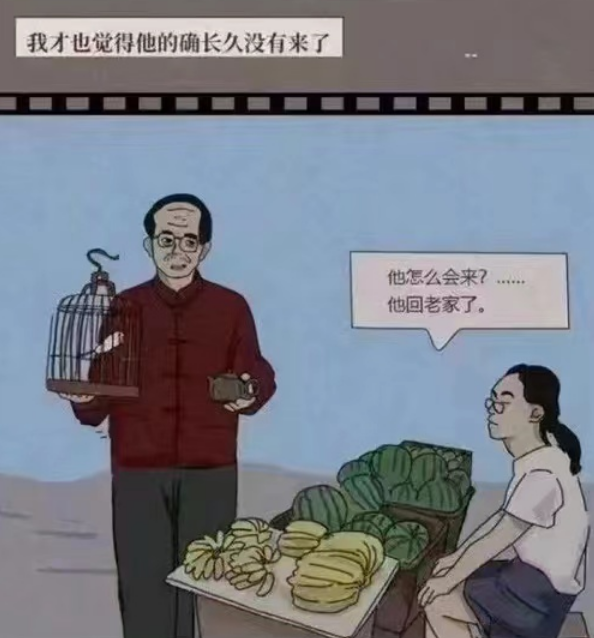For 12 years, the anonymous Chinese blogger program-think eluded authorities while writing on the most sensitive of topics: the Great Firewall, the Tiananmen Massacre, high-level factional politics, freedom of speech, and more. But since its most recent post on May 9, 2021, the blog has remained silent. Observers were left wondering: who was program-think and what happened to him? Now, a Shanghai woman whose husband was arrested on May 10, 2021, and sentenced this February to seven years in prison for “inciting subversion of state power,” thinks she knows the answer. Bei Zhenying believes that her husband Ruan Xiaohuan, a talented programmer and prolific blogger, was program-think. In a series of interviews given to the Committee to Protect Journalists, Radio Free Asia, and CNN, Bei detailed the charges against Ruan, how she came to suspect he was program-think, and his turn from blogging about information technology to politics. The CPJ documented the charges against Ruan and noted that authorities denied Ruan representation by the prominent human rights lawyers Bei had recruited to defend him:
On February 10, a court in Shanghai sentenced Ruan to seven years in prison for allegedly inciting the subversion of state power, according to multiple news reports and Ruan’s lawyer Shang Baojun, who spoke with CPJ via messaging app.
[…] A copy of the verdict reviewed by CPJ said that Ruan was also sentenced to the deprivation of his political rights for two years and the confiscation of 20,000 renminbi (US$2,904) worth of property.
Bei told CPJ that Ruan’s closed-door trial began about six months after his arrest but then she received a notice from authorities in March 2022 that it had been paused indefinitely due to the COVID-19 pandemic. She said she doubted that it was “even humane” to detain him for that long before his sentencing.
Bei was not allowed to attend any hearings in Ruan’s trial, and the state-assigned lawyers in the case told her that they could not give her any information about the proceedings due to nondisclosure agreements they had signed. The first time she saw Ruan since his arrest was at the February 10 verdict announcement.
“He lost a lot of weight and his hair has grown white,” said Bei. “But otherwise he looked fine.”
Ruan filed an appeal on the day of his verdict, but the appeals court refused to recognize Shang as his lawyer, Shang told CPJ. The court also refused to recognize [Mo Shaoping], and instead gave Ruan two state-assigned lawyers. [Source]
Here's a Redditor explaining why Ruan is likely to be Programthink. The user searched a leaked database and found the password of Programthink's gmail. He then found that the password was also used for an account called "xhruan".https://t.co/guKrqp85Uk去年我定位到编程随想的过程/
— Wenhao (@ThisIsWenhao) March 22, 2023
At Radio Free Asia, Gao Feng also spoke with Bei Zhenying and one of Ruan’s associates, the latter of whom speculated that Ruan’s writings on high-level corruption crossed authorities’ unspoken red lines:
“My husband basically admits that he wrote the posts, but said he did it in order to make things better,” she said. “He also submitted evidence of his contributions to the nation, and never expected that the court would treat it as a serious crime.”
“The punishment of seven years is at the lighter end of the possible range of 5-15 years,” she said.
[…] One of Ruan’s associates told Radio Free Asia at the time of his detention that he was likely detained over an in-depth analysis of party leaders’ wealth following the publication of the Panama Papers in 2016, and his political theorizing and anti-brainwashing campaigns.
The person said Ruan’s blog had turned him from an uncritical supporter of the government to someone who “longs for freedom and democracy.” [Source]
CNN’s Nectar Gan interviewed Bei and learned how she came to believe her husband was program-think:
She learned during police investigations that her husband had posted more than 700 articles on an overseas platform – just as Program Think did.
“It can’t be just a coincidence,” Bei said.
She burst into tears at an internet cafe the moment she drew what she believes to be the connection between her husband and the influential blogger, she recalled.
“I came to realize how much pressure he had been under for such a long time. He was doing all these dangerous things, carrying so much weight on his shoulders all by himself,” she said.
“Even after he was caught, no one could help him because nobody knew he was Program Think.”
[…] Ruan never cared much about money or material comfort. Instead, he longed for what he called the “open source spirit” – freedom, openness, sharing and cooperation, Bei said.
“He thinks one must pursue spiritual values in life. For him, it is technology – that’s what he finds valuable. But only recently did I discover that his (quest) for freedom had also morphed into a (longing for) political freedom,” she said. [Source]
Highly recommend: the legendary tech/political blogger Program Think (Ruan Xiaohuan), the epitome of the fight for internet freedom from within China.
“Under the Communist Party’s ubiquitous surveillance – both online and in real life, he managed to carry on for 12 years – that… https://t.co/xQO57DKcJp— 周锋锁 Fengsuo Zhou (@ZhouFengSuo) March 29, 2023
PEN America and PEN International released a joint statement calling for Ruan’s immediate release:
“The seven-year prison sentence handed down to Ruan Xiaohuan for his politics and technology blog is an outrage. Blogging is not a crime and the heavy prison sentence on national security charges for his writing illustrates the dire situation for free expression in China. We call on Chinese authorities to vacate his prison sentence and release him immediately,” said Angeli Datt, PEN America’s China research and advocacy lead.
“The severe sentence against Ruan Xiaohuan is yet another example of the authorities’ willingness to use every means available to silence dissenting voices. It is notable that PRC government representatives continue to freely post on social media platforms banned in China while persecuting others who seek the same freedoms,” said Ross Holder, Head of Asia/ Pacific Region at PEN International. [Source]
CDT translated representative excerpts from three of program-think’s posts soon after his disappearance in 2021.
source https://chinadigitaltimes.net/2023/03/man-imprisoned-for-inciting-subversion-believed-to-be-legendary-chinese-blogger/








